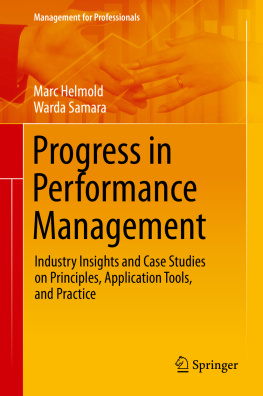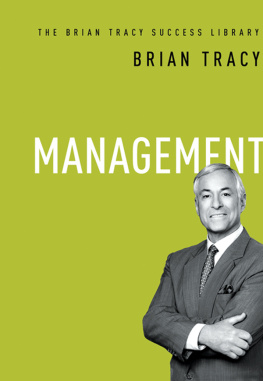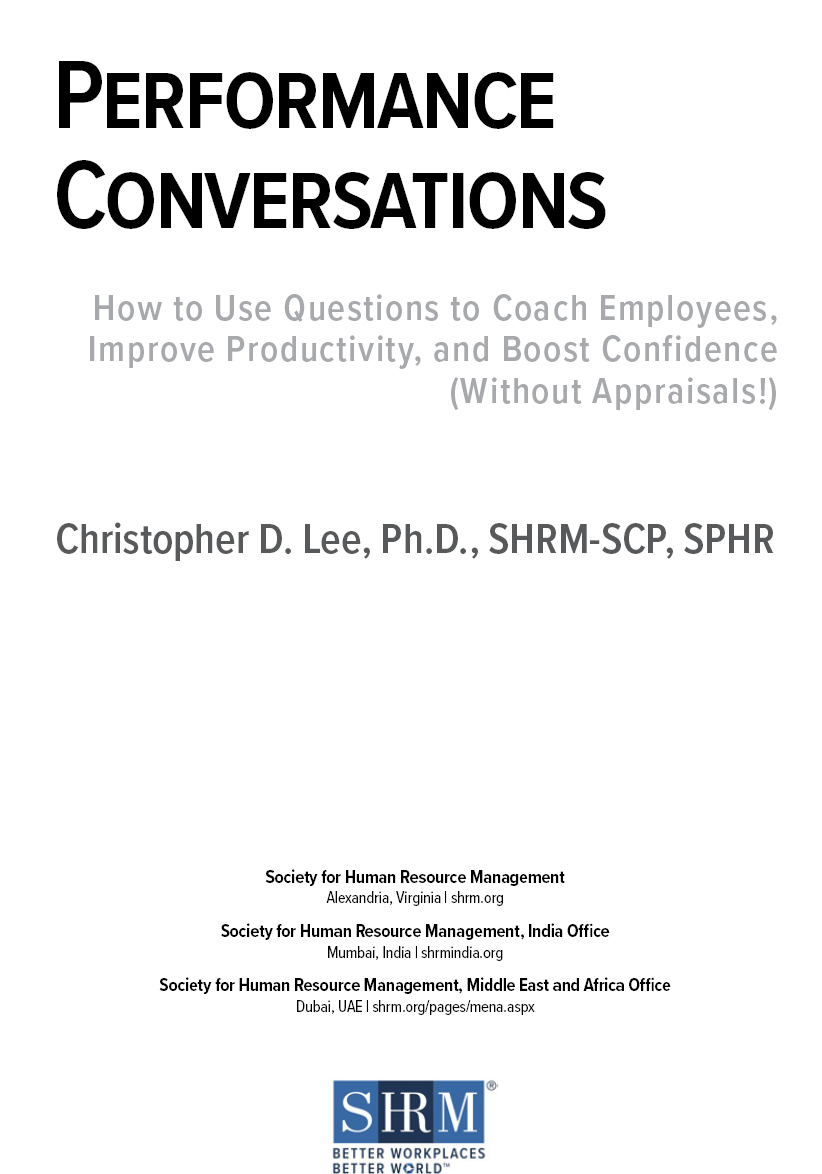Performance Conversations
Copyright 2021 Christopher D. Lee. All rights reserved.
This publication is designed to provide accurate and authoritative information regarding the subject matter covered. It is sold with the understanding that neither the publisher nor the author is engaged in rendering legal or other professional service. If legal advice or other expert assistance is required, the services of a competent, licensed professional should be sought. The federal and state laws discussed in this book are subject to frequent revision and interpretation by amendments or judicial revisions that may significantly affect employer or employee rights and obligations. Readers are encouraged to seek legal counsel regarding specific policies and practices in their orga nizations.
This book is published by the Society for Human Resource Management (SHRM). The interpretations, conclusions, and recommendations in this book are those of the author and do not necessarily represent those of the publisher.
This publication may not be reproduced, stored in a retrieval system, or transmitted in whole or in part, in any form or by any means, electronic, mechanical, photocopying, recording, or otherwise, without the prior written permission of the publisher, or authorization through payment of the appropriate per-copy fee to the Copyright Clearance Center Inc., 222 Rosewood Drive, Danvers, MA 01923, 978-750 -8600, fax 978-646 -8600, or on the web at www.copyright.com . Requests to the publisher for permission should be addressed to SHRM Book Permissions, 1800 Duke Street, Alexandria, VA 22314, or online at http://www.shrm.org/ about-shrm /pages/copyright--permissions.aspx . SHRM books and products are available on most online bookstores and through the SHRMStore at www.shrm store.org .
The Society for Human Resource Management is the worlds largest HR professional society, representing 285,000 members in more than 165 countries. For nearly seven decades, the society has been the leading provider of resources serving the needs of HR professionals and advancing the practice of human resource management. SHRM has more than 575 affiliated chapters within the United States and subsidiary offices in China, India, and United Arab Emirates. Please visit us at www .shrm.org .
Performance Conversations is a registered trademark.
Library of Congress Cataloging-in -Public ation Data
Names: Lee, Christopher D. , author.
Title: Performance conversations : how to use questions to coach employees, improve productivity, and boost confidence (without appraisals!) / Christopher D. Lee, PhD., SHRM-S CP , SPHR.
Identifiers: LCCN 2020023306 (print) | LCCN 2020023307 (ebook) | ISBN 9781586446697 (paperback) | ISBN 9781586446703 (pdf) | ISBN 9781586446710 (epub) | ISBN 97815864467 27 (mobi)
Subjects: LCSH: Communication in personnel management. | Employees--Rating of. | Pe rformance.
Classification: LCC HF5549.5.C6 L378 2020 (print) | LCC HF5549.5.C6 (ebook) | DDC 658. 3/14--dc23
Produced in the United States of America
FIR ST EDITION
PB Printing 10 9 8 7 6 5 4 3 261.15334

List of Figures and Tables
Figures
Tables

Foreword
All organizations care about performance. Whether youre for-profit or nonprofit, regardless of whats happening with the economy or the job market, all organizations care about performance because its what helps organizations achieve their strategic goals. Frankly, employees care about performance, too, because they know their performance helps them to achieve their career goals. Great performance helps employees get the promotion theyve been wanting, or the pay increase they feel they deserve.
Human Resources departments have traditionally used performance management systems to align organizational and employee needs. Contrary to some beliefs, HR did not dream up performance management systems as some form of punishment. But that being said, something different is needed for the modern workplace. Over the past decade weve seen a huge increase in technology, which has created changes in the ways we work. As a result, employees are more mobile and connected than ever before. Thats a good thing, and its also the reason organizations need to reexamine their performance management p ractices.
Everyone Is Responsible for Performance Improvement
Ive had the pleasure of knowing Dr. Christopher D. Lee for many years. We first worked together as volunteer leaders for the Society for Human Resource Management (SHRM). So, I know from personal experience that he has firsthand expertise working in the trenches. This is important because Chris truly knows that successful performance management involves everyone in the orga nization.
This book makes it very clear that improvement involves conversations and those conversations need to happen at every level of the organization. Performance Conversations: How to Use Questions to Coach Employees, Improve Productivity, and Boost Confidence (Without Appraisals!) is the guide to making those conversations happen. Make no mistake, conversations are an art. Sometimes we think conversations (specifically performance conversations) are easy and anyone can do them with little or no training. Honestly, thats not always true, which is why this book is necessar y reading.
Performance Improvement Is Focused on Answers
I was particularly drawn to a Zen adage in the book: He, who forms the question, determines the answer. It reminded me that if I want to receive good information, I need to know how to ask a really good question because unfortunately, mediocre questions yield mediocre answers. If we really think about it, performance improvement is about unlocking the secrets (the answers) to high performance. In this book, Chris shares with us how to formulate the really good questions necessary to unlocking those performance answers. Im not going to give it away here, but Chapter 5 and the Magnificent Seven Questions should be required reading for every business pro fessional.
That shouldnt be too difficult because while the book does dive deep into the questions and conversations that should happen between managers and employees, it also maintains an incredible flexibility. If your organization uses a very traditional performance management process, youll find questions that can be incorporated into that style. They also work for organizations that have adopted a newer performance management model, like the ones with quarterly feedback sessions. Finally, I can see this book being used outside of the performance review process in coaching and mentoring relationships, which are equally focused on the importance of good questions and increasing prod uctivity.
Organizations and Individuals Care about Performance
Performance conversations matter because organizations and their employees care about performance. However, only good performance conversations produce high performance. These conversations are exactly what employees, managers, and Human Resources departments need, and this book will provide all th e answers.
Sharlyn Lauby, SHRM-SCP
Publisher of the business blog
Author of the bestselling book The Recruiters Handbook:
A Complete Guide for Sourcing, Selecting, and Engaging the Best Talent

Next page





